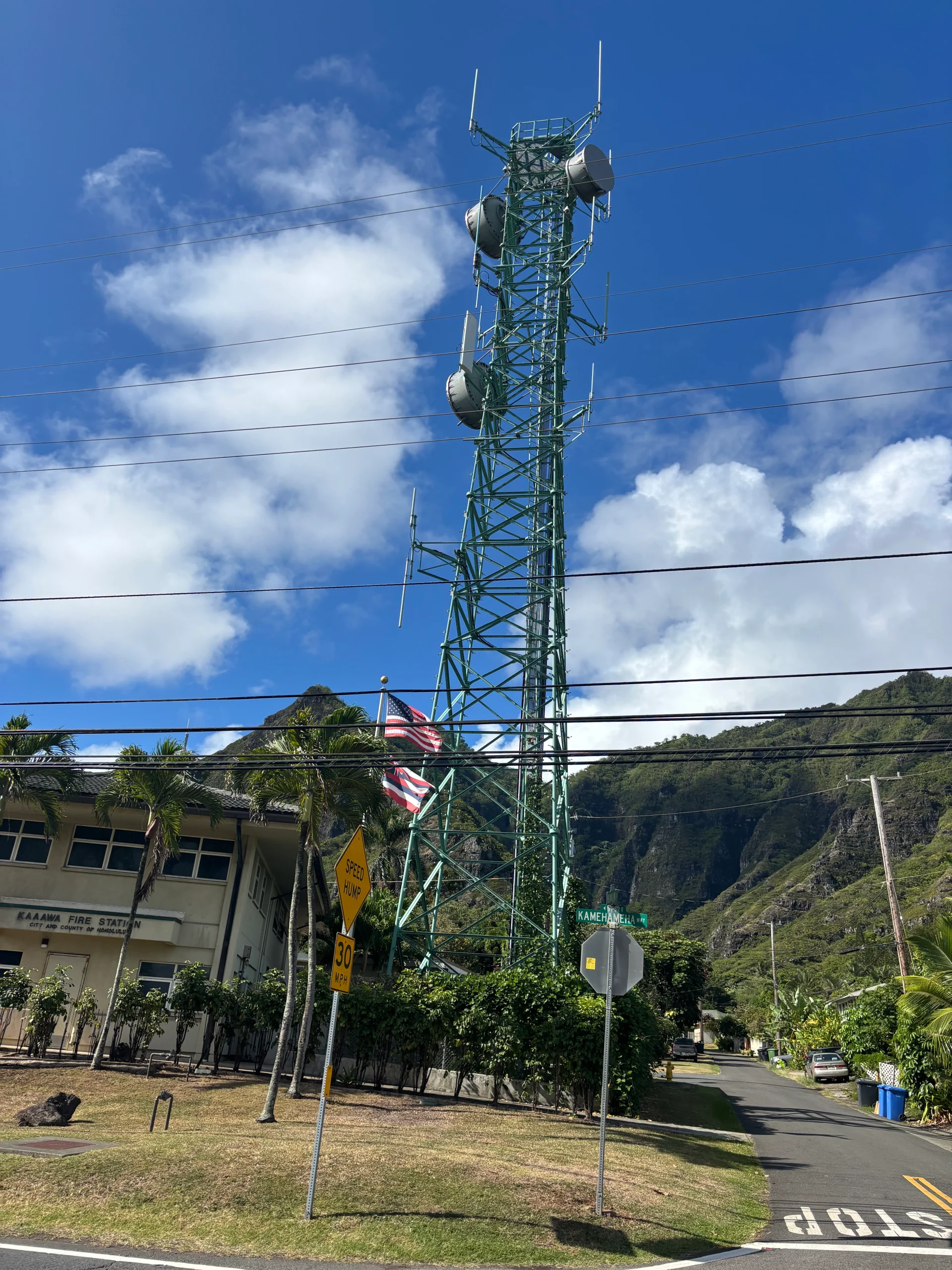Research
My research interests span the twentieth- and twenty-first century U.S., with an emphasis on poetry and poetics. My work also engages with disaster studies, cultural studies, and affect.

Book
I am finishing a book manuscript, Situation Normal: Emergency Poetics and the Rise of the American National Security State, that follows the legacy of civil defense, a security paradigm that elevated an implicitly white and patriarchal vision of self-reliance in the face of geopolitical threats. This military (and notably, narrative) paradigm builds the disposability of marginalized groups into its calculus by amplifying the protection of the white, middle class nuclear family in the name of national security. As civil defense architecture later became the basis for handling environmental disasters, public health crises, and terrorism, the rhetorical sway of the security state over a wide range of crisis discourses grew. In bearing witness to crises of multiple speeds, durations, and intensities, the poets in this study—Denise Levertov, Essex Hemphill, Claudia Rankine, and Francis Lo—model ways of disentangling historically specific and live-saving concerns about individual and collective life from the spectacle-based hierarchies of the security state. Through experiments with voice, genre, perspective, and temporality, these poets give urgent form to lives and histories rendered invisible by state power. Emergency poetics, I argue, chips away at the distinctions between us and them, and near and far, that suffuse militarized narratives of emergency response, thus offering new ways to think about intimacy, attachment, and loss as matters of interdependence and care.
More Work
I’ve previously published work on Myung Mi Kim and the poetics of dispossession, and on Denise Levertov’s alleged “Histrionics” in light of the Vietnam War. I’ve also contributed in the past to a volume on Teaching Transatlanticism.
Recently, I wrote a review for the Massachusetts Review on a new poetry anthology, Sign and Breath.
Works-in-progress include a chapter on poetry, plant life, and mutual aid for an edited collection, and another edited collection chapter on Claudia Rankine’s “American Lyric” response to the rituals of neoliberalism.
I’m excited to soon begin working on a second book project, which began in the classroom thanks to the insights of Smith College students. It’s provisionally titled No Apology: Race and Forgetfulness in American Literature.